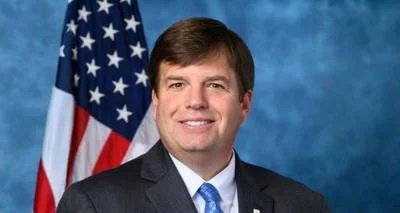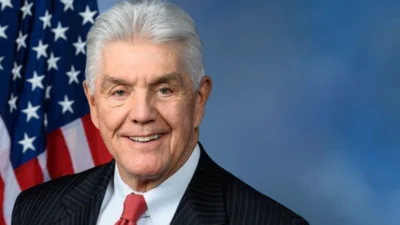As Congress moves toward finalizing a sweeping budget reconciliation bill, a group of Republican lawmakers has sent a letter to House leadership seeking assurances for Medicaid programs. The letter sent on April 14 and signed by 13 Republicans, says that program reforms are necessary, but continued coverage for vulnerable populations should not be reduced.
The lawmakers argue that Medicaid is a critical support for millions of low-income Americans, and warn that cuts could impact patients as well as hospitals, nursing homes, and safety-net providers—particularly in rural and underserved areas where Medicaid revenues often sustain local healthcare systems.
Critics of the Reconciliation bill have claimed it will result in Medicaid cuts. But a recent fiscal analysis contradicts the claim. According to Jonathan Ingraham, Vice President for Research at the Foundation for Government Accountability, the proposed budget bill currently under consideration would increase Medicaid funding by 24%.
Medicaid, established in 1965 alongside Medicare under President Lyndon B. Johnson’s Great Society initiatives, was designed to provide health coverage to low-income individuals and families, as well as to specific groups like pregnant women, children, seniors, and people with disabilities. Jointly funded by the federal government and the states, Medicaid operates under federal guidelines but allows states flexibility to tailor programs to their populations. Over time, Medicaid has expanded to cover over 80 million Americans, serving as a health care safety net, and as a stabilizer for hospitals and health providers in lower-income communities.
The members’ letter supports targeted reforms aimed at improving program efficiency and integrity, such as reducing improper payments and modernizing delivery systems. However, they say they firmly oppose any changes that would shrink coverage for the vulnerable populations Medicaid was originally intended to serve.
Budget negotiations remain fluid, and the final terms of the reconciliation bill are still taking shape. The House Energy & Commerce Committee has said it wants to reduce fraud and inefficiencies in the program, while still allowing funding increases among the largest in the program’s 60-year history.
The letter to Republican leaders was sent by Reps. David Valadao, Don Bacon, Rob Bresnahan, Jr. , Juan Ciscomani, Andrew Garbarino, Jeff Hurd, Young Kim, Michael Lawler, Nicole Malliotakis, Jen Riggans, Jefferson Van Drew, and Robert Wittman.








